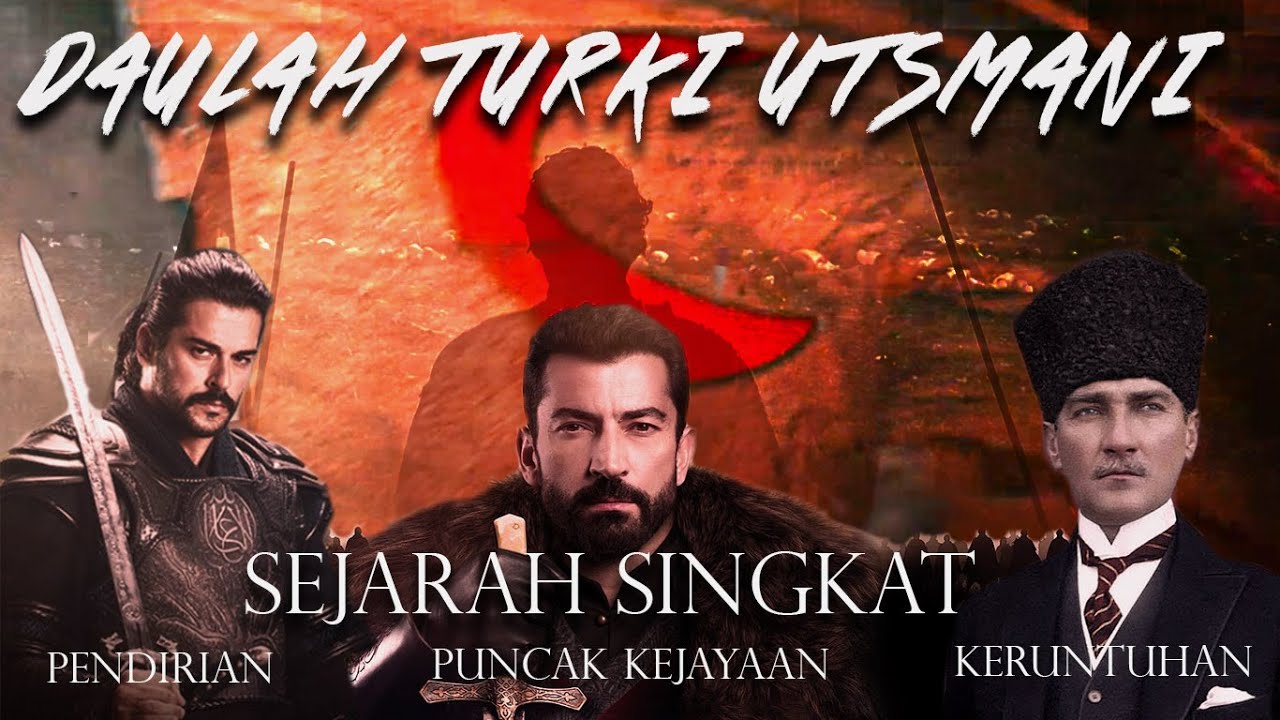The Brothers Gracchi - How Republics Fall - Extra History - Part 1
Summary
TLDRIn 121 BCE, the Roman Republic faced internal strife and social unrest as a result of rapid expansion and war. The influx of foreign slaves disrupted the economy, leading to the displacement of native workers and a growing wealth gap. Citizen soldiers, once proud landowners, returned from wars to find their farms bankrupt and unable to compete with large estates. This discontent fueled the rise of demagogues like Tiberius and Gaius, who capitalized on the people's anger and the political elite's failure to address the growing crisis, setting the stage for the fall of the Republic.
Takeaways
- 🏛️ The Roman Republic faced a crisis in 121 BCE due to political, social, and economic upheavals.
- 🗳️ Elections were intense, with demagogues using violent rhetoric, reflecting a volatile political climate.
- 👥 A surge in foreign labor led to fear among native workers, altering the economic landscape.
- 💰 The wealthy became increasingly detached, exacerbating wealth disparity and social unrest.
- 🛡️ The Roman Empire expanded rapidly during the 2nd century BCE, with significant military conquests.
- 🌍 Rome's wars led to an influx of slaves, which transformed the economy and displaced native workers.
- 🏞️ The property requirement for military service and continuous wars led to the bankruptcy of many citizen soldiers.
- 🏘️ The middle class declined as small landholders lost their farms to large estates utilizing slave labor.
- 👨👦 Tiberius and Gaius, born into a notable plebeian family, would play significant roles in this era.
- 🏆 Tiberius demonstrated military and political prowess, including a key role in the fall of Carthage and diplomatic negotiations with the Numantians.
Q & A
What was the state of the Roman Republic in 121 BCE?
-The Roman Republic was at a precipice, with demagogues preaching violence, a flood of foreign labor causing fear among the native workforce, and a wealthy elite consuming resources while ignoring the impoverished masses who were nearing a breaking point.
How did the Roman Empire expand during the second century BCE?
-The Roman Empire expanded significantly during the second century BCE by defeating the Carthaginian Empire, gaining control over Greece, repelling the Gauls and Ligurians, and capturing the eastern coast of the Adriatic, effectively doubling in size within a single generation.
What was the impact of the influx of slaves on the Roman economy?
-The influx of slaves from conquered territories led to the formation of vast estates worked by slaves, which displaced the native blue-collar working citizens of Rome. This cheap foreign labor changed the economic landscape, favoring the wealthy who could afford to buy and utilize slave labor.
How did the Roman army's property requirement affect the citizen soldiers?
-The property requirement for enlisting in the Roman army meant that soldiers had to own their own equipment, which was a mark of pride and a sign of being well-off enough to serve. However, as wars became more frequent and prolonged, many citizen soldiers found their farms neglected and went bankrupt, leading to a decline in the middle class.
What was the social consequence of the Roman Republic's rapid expansion and economic changes?
-The rapid expansion and economic changes led to a significant social consequence where the middle class of small landholders almost vanished. Many of them moved to Rome in search of work, leading to a rise in unemployment and discontent among the masses.
Who were Tiberius and Gaius, and what was their significance in the script?
-Tiberius and Gaius were two boys born into plebeian families with notable heritage. Tiberius, the elder, was the son of a celebrated consul and served in the Roman military, eventually becoming a political figure. Their stories are used to illustrate the political and social dynamics of the time.
What was Tiberius' role in the final destruction of Carthage?
-Tiberius served as a military tribune and was part of the campaign that led to the destruction of Carthage. According to legend, he was the first Roman to breach the city's walls.
How did Tiberius demonstrate his leadership and diplomacy during the Numantian Wars?
-During the Numantian Wars, Tiberius demonstrated his leadership and diplomacy by successfully negotiating with the Numantians to save the lives of 20,000 Roman citizens and their attendants from becoming slaves or being slaughtered.
What was the reaction in Rome to Tiberius' actions in the Numantian Wars?
-In Rome, Tiberius faced criticism from the elite who saw the peace treaty as a sign of weakness. However, he also experienced populism as the families of the soldiers he saved cheered him, and the people voted to save him from punishment.
What lesson did Tiberius learn from his experiences in the Numantian Wars?
-Tiberius learned the power of the people, which he would later utilize in his political career. The experience taught him that public opinion could be a significant force in Roman politics.
Outlines

此内容仅限付费用户访问。 请升级后访问。
立即升级Mindmap

此内容仅限付费用户访问。 请升级后访问。
立即升级Keywords

此内容仅限付费用户访问。 请升级后访问。
立即升级Highlights

此内容仅限付费用户访问。 请升级后访问。
立即升级Transcripts

此内容仅限付费用户访问。 请升级后访问。
立即升级浏览更多相关视频

How the Roman Republic Became the Roman Empire?

10 Menit Sejarah Singkat Turki Utsmani [Ottoman] - Pendirian lalu Kejayaan hingga Keruntuhan Utsmani

The great conspiracy against Julius Caesar - Kathryn Tempest

Julius Caesar's Life, in 4 Minutes

HISTÓRIA DO IMPÉRIO DO BRASIL | Globalizando Conhecimento

An Introduction to the Punic Wars - Ancient Rome vs. Carthage
5.0 / 5 (0 votes)
